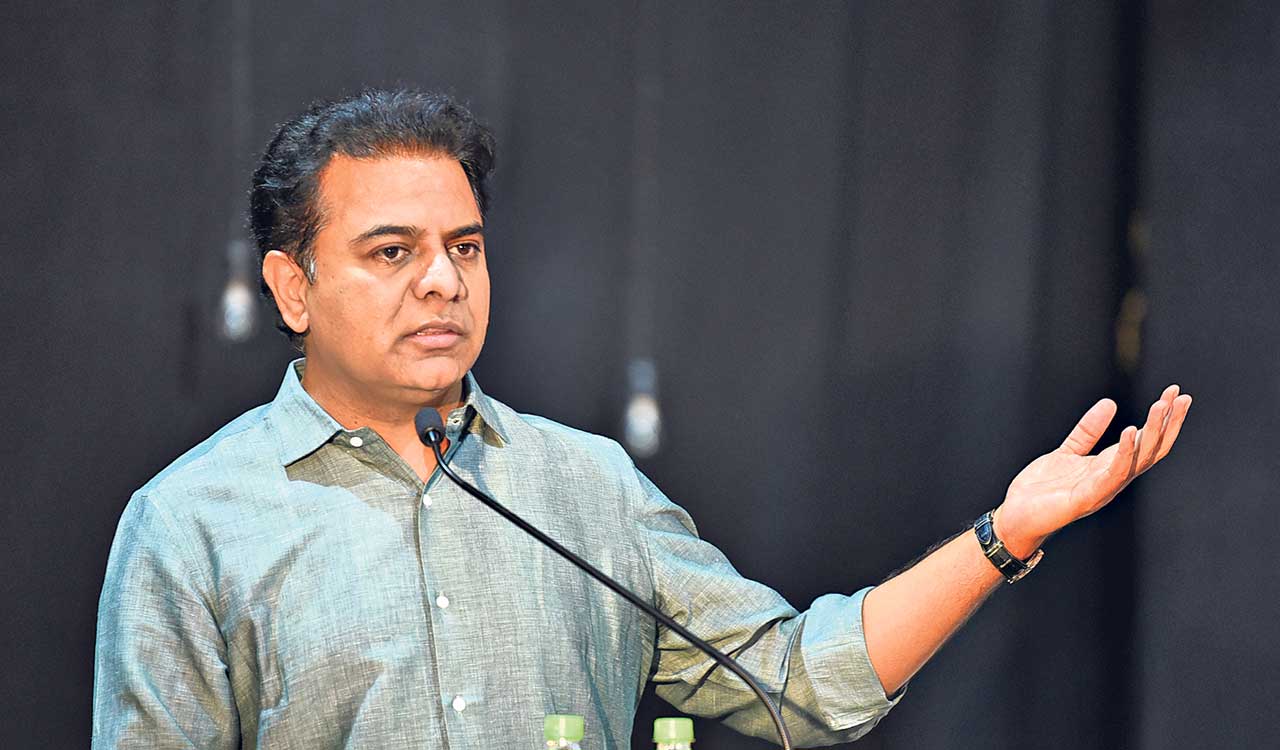Indian Startups: Innovation vs. Criticism
Explore the heated debate around the future of Indian startups, as political figures and industry leaders clash over the direction and support for entrepreneurship growth.
Published April 05, 2025 - 00:04am

Image recovered from telanganatoday.com
The debate over the direction and emphasis of Indian startups has escalated, following controversial remarks by Union Commerce Minister Piyush Goyal at the Startup Maha Kumbh. Goyal's comments, questioning whether the nation was content with gig economy jobs and food delivery services rather than advancing in technologies like artificial intelligence and semiconductors, elicited strong reactions across the political and entrepreneurial spectrum.
In his critique, Goyal suggested that Indian startups should focus more on sectors such as semiconductors, machine learning, and robotics, pointing to China's advancements in these areas. He posed an evocative question: Do we want to make ice cream or chips? This analogy implied a need for Indian startups to aspire beyond consumer services and into high-tech industries that drive significant economic impact.
His remarks, however, drew instant rebuttals from multiple quarters. Telangana's Minister K T Rama Rao robustly defended India's startup ecosystem, characterizing it as innovative and thriving despite systemic challenges. He criticized antiquated regulations and tariffs that stifle entrepreneurial expansion and emphasized the rich diversity among Indian startups, which venture into space tech, fintech, and robotics, among other sectors.
Moreover, Shiv Sena (UBT) MP Priyanka Chaturvedi castigated Goyal, suggesting that his comments downplayed the contribution of startups to the economy. She highlighted China's massive investment into strategic industries and challenged India to match this ambition by fostering a conducive investment environment, crucial for scaling innovations. According to Chaturvedi, this lack of support can drive startups to seek opportunities abroad, where countries like Singapore and Dubai offer more favorable conditions.
Adding a pragmatic perspective, Zepto co-founder Aadit Palicha underscored the tangible economic contributions of consumer tech firms. He noted that startups like Zepto not only create jobs but also generate significant tax revenue and foreign direct investment, playing a critical role in reshaping India's supply chain infrastructure.
Despite the friction, Piyush Goyal's underlying argument isn't completely sidelined. There is a consensus on the need for increased focus on deep technology sectors. Goyal himself highlighted how policies should facilitate the emergence of tech-focused startups, aiming for self-reliance and reducing dependence on foreign capital. The call for domestic investor engagement aligns with this vision, pushing for a stronger indigenous capital base to fuel long-term resilience.
Nevertheless, the challenge remains in balancing encouragement for burgeoning sectors like food delivery, which have proven successful, with strategic investments in high-tech industries. The debate highlights the critical crossroads at which India's startup ecosystem stands.
The conversation invigorated the startup community and policymakers, bringing forward a discourse on necessary policy reforms and investment strategies. As stakeholders reflect on these narratives, the path to a robust entrepreneurial ecosystem necessitates a harmonized approach that values both grassroots innovation and advanced technological progress.







